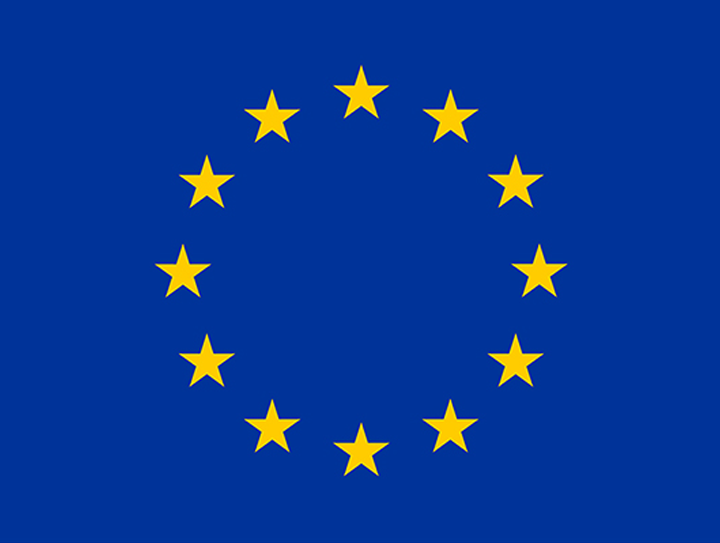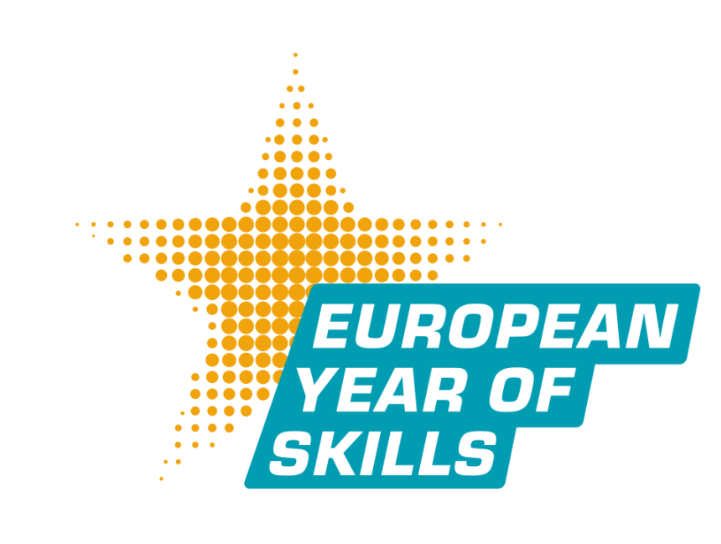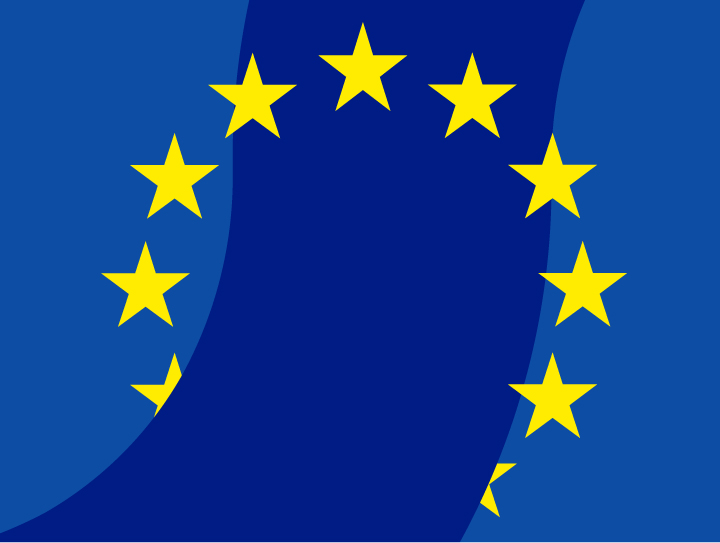591 rezultāti atrasti
Skip results of view Ziņas

The European Commission is building a robust European Health Union , in which all EU countries prepare and respond together to health crises, medical supplies are available, affordable and innovative, and countries work together to improve prevention, treatment and aftercare for diseases. The initiative is taking significant strides towards enhancing healthcare across EU countries, with a recent approval of the European Health Data Space (EHDS) by the European Parliament, marking a pivotal moment in this endeavour. The EHDS has the primary use to empower individuals to access their health data

Belgium presents a diverse array of open data portals, each serving as a gateway to a wealth of information. With numerous regional platforms like datastore.brussels in the Brussels-Capital Region and the Flanders data portal , Belgium offers a rich landscape of open data resources. Central to this ecosystem is Belgium's Open Data Portal , serving as the primary federal data hub and offering a comprehensive collection of datasets from federal, regional, and local authorities, as well as businesses. At the heart of Belgium's Open Data Portal lies a vast depository of resources, including over

The European Commission (EC) is championing the digital transformation as a cornerstone for Europe's future, aiming to leverage digital technology for the benefit of both citizens and businesses. As part of its digital strategy, the EC is prioritising interoperability and open data to drive innovation, efficiency, and growth in the digital age. Envisioning a Digital Decade, the EC is determined to bolster Europe’s digital sovereignty and sets standards to lead in the global digital landscape. Emphasising the pivotal role of data, technology, and infrastructure, it aims to shape a Europe fit

Discover the intricacies of regional similarities across Europe with EU Twinnings , an innovative tool accessible through data.europa.eu and aimed at fostering cross-border cooperation and enhancing understanding among European neighbours. By comparing different regions and delving into the nuances of their socio-economic landscapes, individuals can gain valuable insights into the diverse tapestry of Europe's cultural and economic fabric. The EU Twinnings app leverages data from Eurostat , utilising the nomenclature of territorial units for statistics (NUTS) 2021 classification system. This

Today we celebrate Europe Day , commemorating the anniversary of the ‘ Schuman Declaration ’, delivered by French Foreign Minister Robert Schuman in 1950. This historic declaration proposed a new form of political cooperation in Europe to prevent future wars among European nations, laying the foundation for the creation of the European Coal and Steel Community, whose members agreed to pool coal and steel production. Fostering cooperation and economic integration, this eventually led to what we now know as the European Union, with peace and unity as its core principles. In commemoration of

The European Year of Skills is an initiative of the European Union to tackle skills gaps and reinforce the EU skills strategy . This initiative seeks to equip individuals with the necessary skills for quality jobs while aiding small and medium enterprises in adapting to evolving workforce demands. Starting on 9 May 2023, the Year saw a multitude of events, this year with a focus on green and digital transitions. How does it work? The European Year of Skills enhances workforce capabilities and drives economic growth by promoting investment in training, aligning skills development with employer

Today we celebrate the 31st World Press Freedom Day , highlighting the indispensable role of the press, journalism, and the free flow of information in shaping a sustainable future that respects the rights of individuals and promotes gender equality. This year's theme, "A Press for the Planet: Journalism in the face of the Environmental Crisis", underscores the critical role of reliable information in safeguarding our planet, advancing sustainable development, and fortifying democracies. World Press Freedom Day 2024 is set to be a platform for diverse objectives , including assessing the

This month marks the launch of the 2024 Open Data Maturity (ODM) survey, i n which countries from across Europe report on the latest developments in open data. Information for the report is collected directly from open data representatives in the participating countries to gather insights about the behind-the-scenes efforts that power the portals and datasets we can all see and use. The outcome of this exercise is both a quantitative benchmarking of open data maturity and a compendium of success stories, best practices, and challenges that countries can reference in their efforts to

As the European Union prepares for its upcoming elections, the focus shifts towards reinforcing democratic principles and encouraging citizen engagement. Through the electoral process, citizens exercise their right to vote, shaping the future direction of the EU. However, challenges such as misinformation and transparency gaps persist, underscoring the need for reliable information and transparent governance. In response to these challenges, the EU has launched initiatives such as the Defence of Democracy package and the European Democracy Action Plan , which seek to strengthen democracy by
On 24 May 2024 from 10:00 to 11:30 CET , data.europa.eu will host the second workshop on the series ‘How to use open data for your research?’ . This workshop is designed for students, academics, and anyone else who is interested. The goal of the workshop is to highlight the availability and potential of open data on data.europa.eu for academic research and to deepen the understanding of open data by showcasing successful use cases of open data in research across various fields. The data.europa.eu team will open the workshop, introducing the concept of open data. The participants will then be
